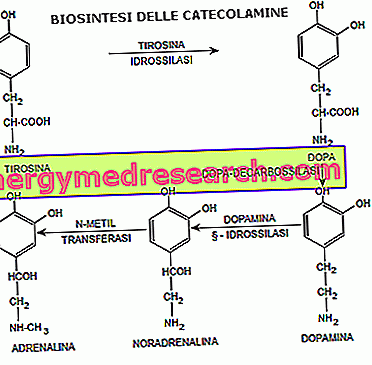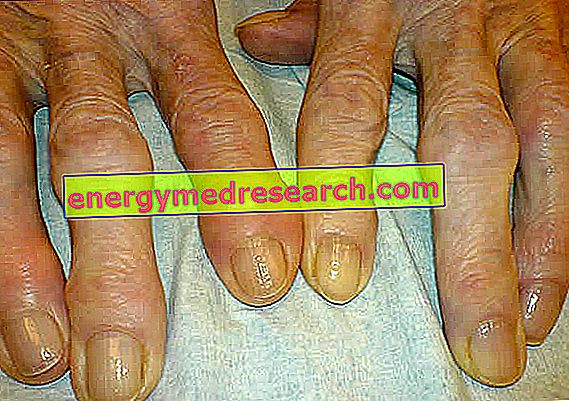
Through the use of a diffuser
The essential oil is diffused in the air and through breathing arrives in the lungs, then in the blood. It is the sweetest way to take essential oils, there is no contraindication and the effect is good, even if a little less immediate. At the same time, the environment also smells.

For inhalation
A few drops of the essential oil are put in hot and inhaled water. Suitable for respiratory tract diseases etc. A stronger effect is achieved than in diffuser use.
Application on the skin
Essential oils are easily and quickly absorbed by the skin. 1-5 drops are applied to the skin with a light massage. A good effect is achieved without the risks that there may be in oral intake. If a slower and more lasting absorption is desired, the essential oils can be conveyed in a good vegetable oil (a part of essential oil in 4-5 parts of vegetable oil).
Orally
The oral intake procures powerful effects, but should be performed only in special cases, with great caution and under the guidance of an expert. Take 1 to 5 drops diluted in honey, sugar or vegetable oil, not before having performed an allergy test on the skin (see Precautions).
Other possibilities of use
We can use essential oils on many occasions, we want to mention a few examples here:
- a few drops on the skin as a personal perfume
- in the kitchen to flavor dishes. In the pastry dough you can put the oils of lemon, orange, anise or cinnamon, bergamot in tea, aromatic oils at the end of cooking.
- in the bath water, in the whirlpool or in the sauna a few drops for a relaxing, invigorating effect etc.
- in the radiator tray when a diffuser is not available
- in the humidifiers
- mixed with vegetable oils to create massage oils
- cypress and thyme are very good against plant diseases
- citronella, lavender and cedar are used to remove insects; also in the cabinets to keep the moths away
- in rinsing water strong oils with good persistence, such as patchouli and vetiver, are suitable for perfuming linen.
Essential oils lend themselves very well to mixing and can create strong synergies between them.



